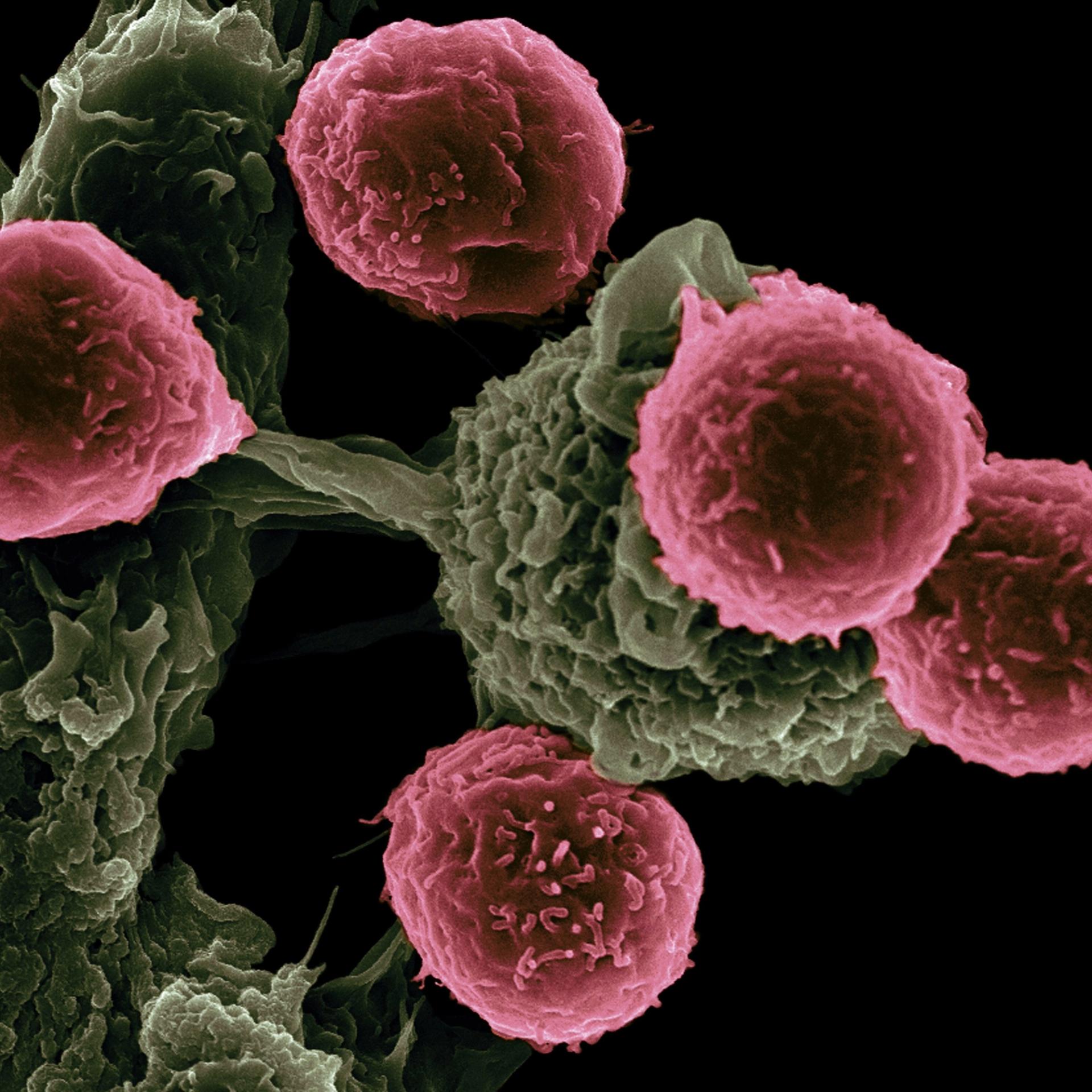The News
Two new cancer drugs showed strong results in major trials. Vorasidenib, which targets a deadly brain cancer, stopped the tumor from growing for an average of 17 months, while osimertinib, a drug for a particular kind of lung cancer, halved the number of people who died within five years of surgery.
In this article:
Tom’s view
The astonishing progress in cancer treatments should be better known. I once spoke to an oncologist about immunotherapy for melanoma: He said that he had worked on malignant melanoma for 20 years, and that for 15 of those years, there was nothing they could do. But in 2011, “we started curing people.”
As the world gets older, you should expect more people to get, and die of, cancer. That’s because cancer is a disease of aging. But in fact death rates have been going down. Sure, that’s partly to do with improved detection. But it’s also because cancer medicine has made leaps and bounds.
Know More
Cancers are caused by mutations — changes to genes in the DNA of one of our cells. Those changes make the cell divide uncontrollably, and prevent it from destroying itself, as other damaged cells do.
Modern cancer medicine is increasingly driven by our understanding of those mutations. Some drugs tell the immune system to seek out particular mutations, allowing it to attack cancer cells which are otherwise hidden from it. Others, such as vorasidenib and osimertinib, inhibit the action of those mutated genes, preventing them from doing their jobs.
Osimertinib targets a mutation which is present in a quarter of all lung cancers. The new trial, published in the New England Journal of Medicine, looked at 682 patients who had had their cancers removed by surgery. Half of them received the drug, half of them a placebo. Of those on the drug, 88% survived five years, compared to 78% of the controls: a risk reduction of more than 50%. Lung cancer is a major killer, causing about 1.8 million deaths a year worldwide. Scientists told The Guardian that the breakthrough was ”thrilling” and “unprecedented”.
Vorasedinib attacks a mutation in brain cancers called gliomas. Gliomas are slow-growing but often fatal: They tend to appear in younger people, often in their 30s, and are hard to treat because drugs are difficult to get across the blood-brain barrier. In the trial, also published in the NEJM, 72% of patients on the drug had seen no disease progression after 30 months, compared to 46% of those on placebo.

